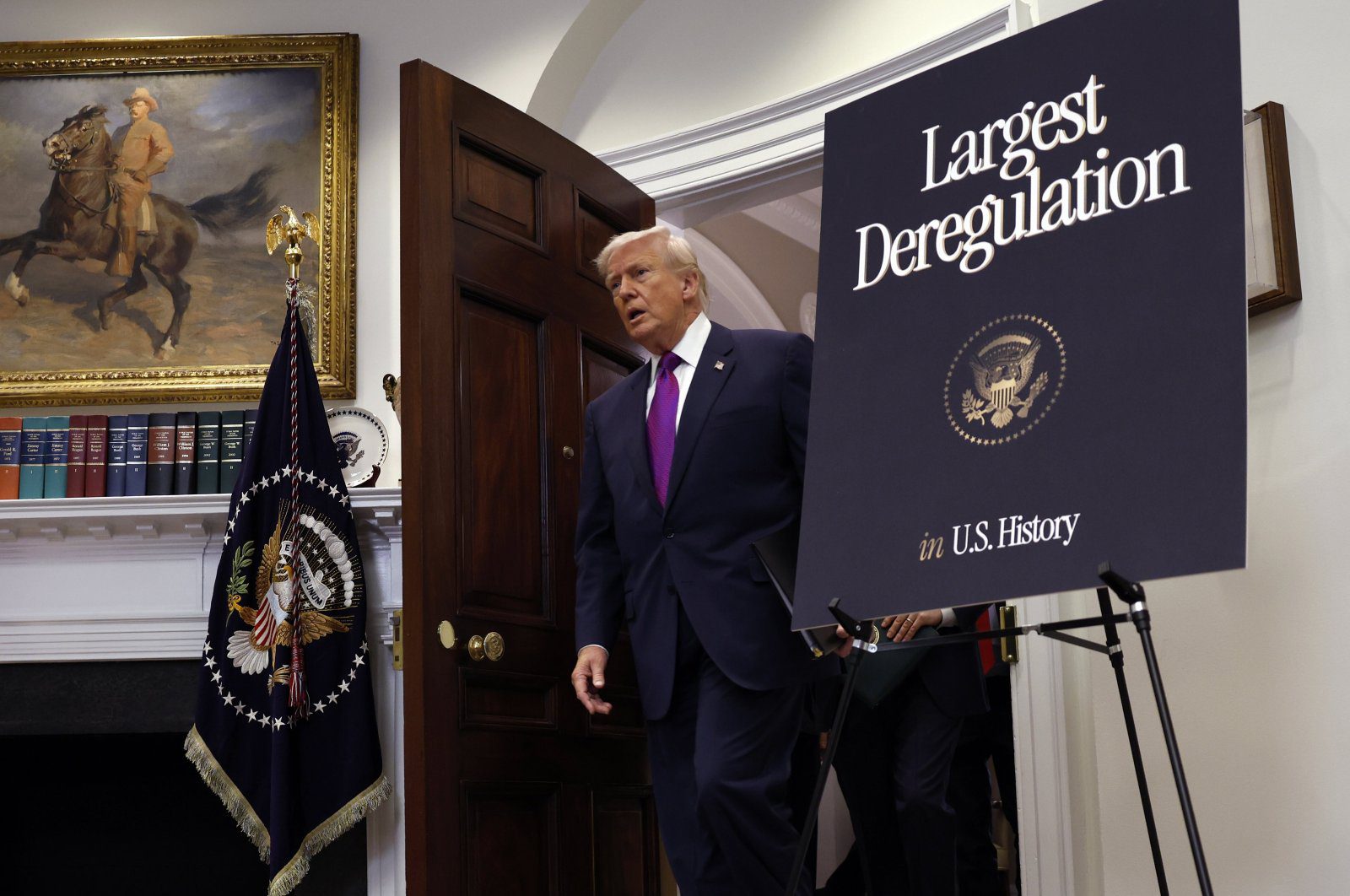Key Takeaways:
- European companies must balance sustainability with other priorities like economic challenges and supply chain disruption.
- Sustainability is a business imperative, leading to innovation, trust with customers, and a competitive advantage.
- Strong risk management and internal controls are crucial for navigating complex business environments.
- The Corporate Sustainability Reporting Directive (CSRD) pushes companies to set ambitious sustainability targets and improve transparency.
- Companies need to find ways to create value from their sustainability efforts while managing risks.
The Sustainability Balancing Act
European companies are grappling with integrating sustainability into their strategies while facing ongoing economic and geopolitical challenges. This has led some to scale back their sustainability ambitions. However, experts emphasize that sustainability remains a core business imperative – not just a “good thing to do.”
The Business Case for Sustainability
- Innovation and Efficiency: A shift to sustainable practices can fuel innovation for new products and services, while also improving operational efficiency.
- Building Trust: Consumers increasingly seek sustainable products and services, and companies that prioritize sustainability can build trust and brand loyalty.
- Competitive Advantage: Companies with strong sustainability practices gain a competitive edge by attracting talent, investors, and customers who value responsible business practices.
The EY 2023 Sustainable Value Study found that companies taking the most action on climate change are 1.8 times more likely to report higher financial value from their initiatives.
Regulations like the CSRD further emphasize the importance of sustainability. It pushes companies to set ambitious targets, measure progress, and improve transparency in sustainability reporting. Investors are increasingly basing investment decisions on a company’s ESG (environmental, social, and governance) performance.
Change the World - Subscribe Now
Risk Management and Internal Controls
Strong risk management practices are crucial for navigating today’s complex and volatile business environment. Emerging risks like geopolitical tensions and sustainability challenges require ongoing adaptation. Boards need to provide oversight and ensure companies are effectively managing these risks.
Companies should also implement robust internal controls to mitigate risks and ensure accurate reporting. Investors are increasingly focusing on the quality of a company’s risk management and internal controls.
The Challenge of Value Creation
Despite the business case for sustainability, some companies struggle to create value from their sustainability efforts. Fear of offending activists or a lack of experience in this new domain can lead to hesitancy in allocating resources. Boards can play a role in encouraging companies to be proactive in seizing opportunities associated with sustainability while managing risks.
The Role of Boards and Audit Committees
Boards and audit committees play a critical role in driving sustainable value creation. They can:
- Provide greater oversight on sustainability matters.
- Ask the right questions of management and encourage courageous decision-making around sustainability.
- Ensure companies have sufficient resources and high-quality data for sustainability reporting.
- Develop new skills and expertise to effectively challenge and provide assurance on sustainability reporting.
- Integrate sustainability into company strategy and investment decisions.
By taking these steps, boards and audit committees can help European companies navigate the challenges and opportunities of sustainable value creation.
Related Article: Standard Chartered Enhances Net Zero Roadmap with Commitment to Deliver Methane (CH4) Emissions Reduction Target

 Follow SDG News on LinkedIn
Follow SDG News on LinkedIn











